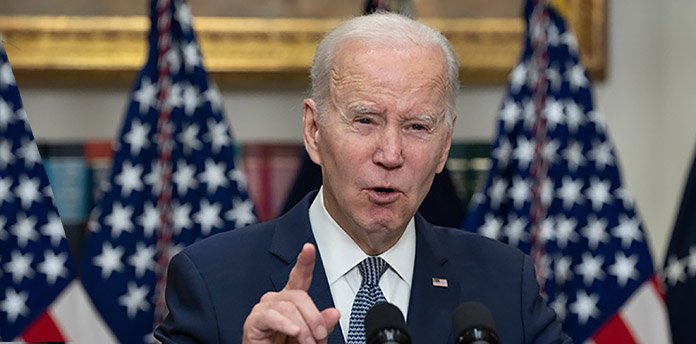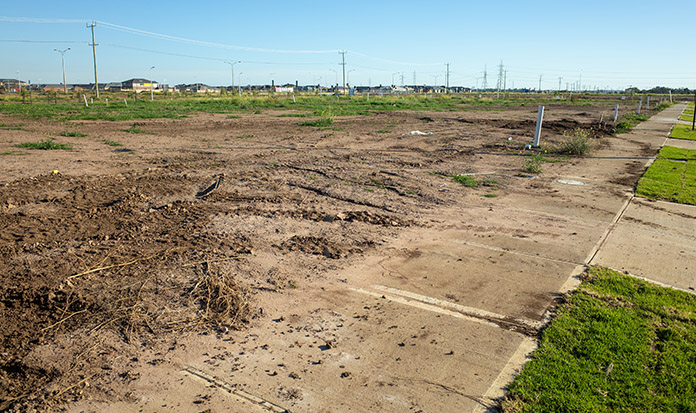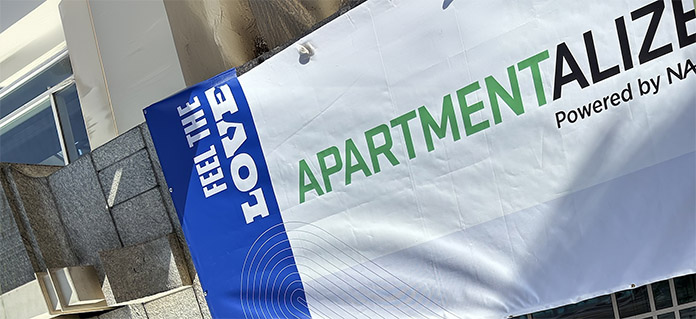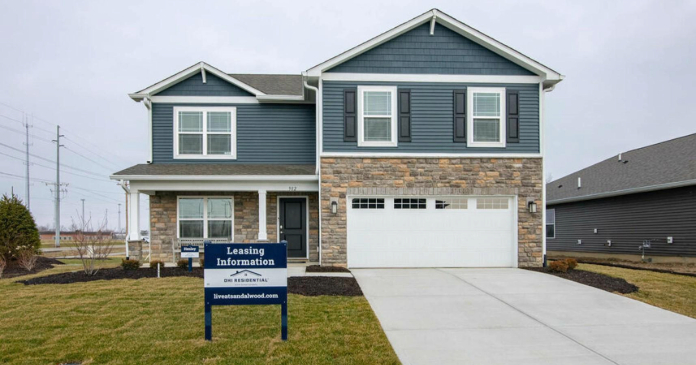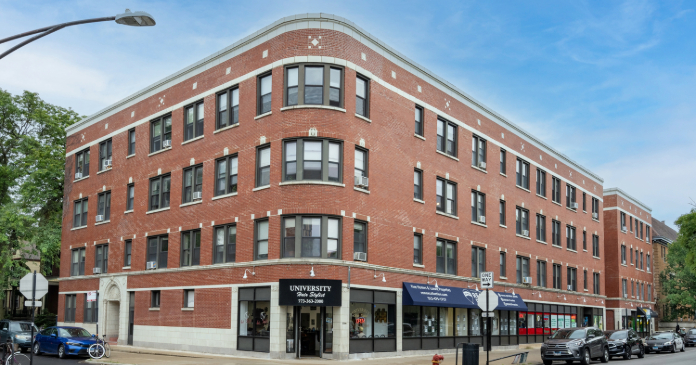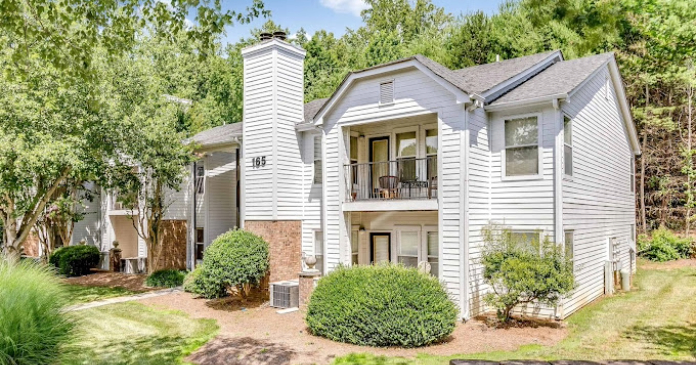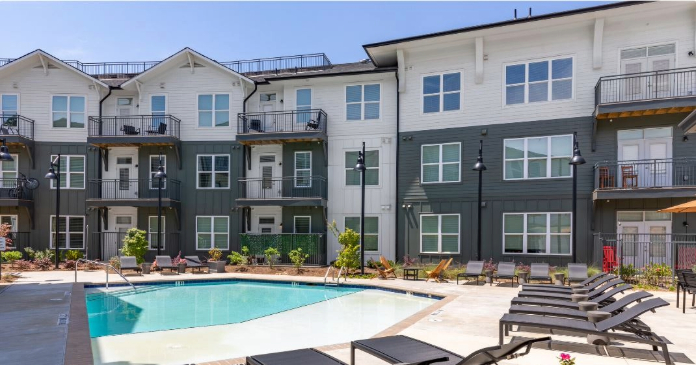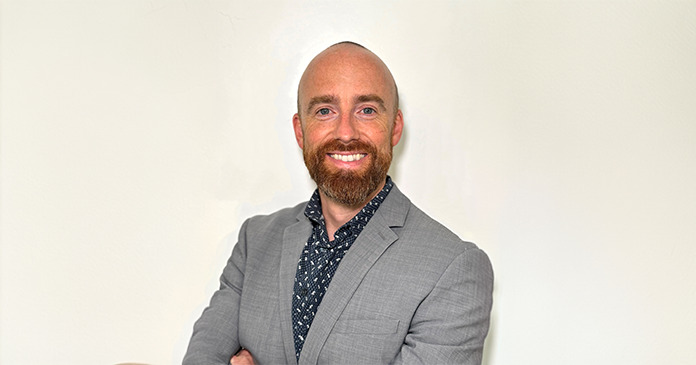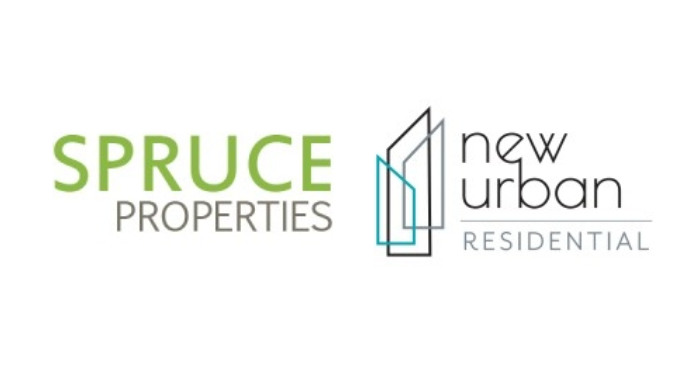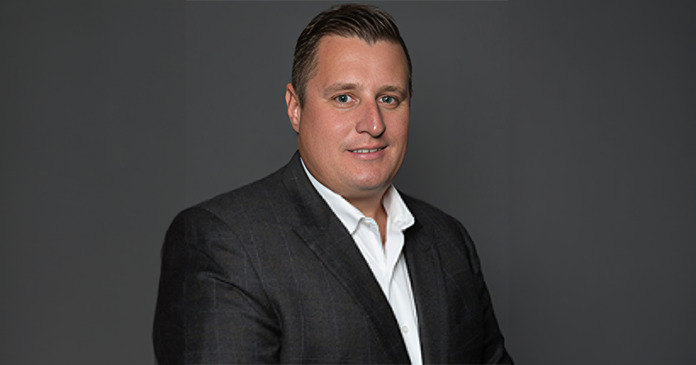The Property Management Association in Washington, D.C., is the biggest little regional nonprofit of its kind. Boasting a membership of 600 property management pros — and 400 products and services firms — the association represents 750,000 residential units and more than 120 million square feet of commercial space.
The innovative group started quietly in 1952. Since then, the PMA has snagged national kudos for creating an educational model that works, hosting the PM Expo, the largest real estate trade show in the country, and putting specialized skills to work to improve the D.C. community.
In response to the post-WWII population boom, the federal government launched the 608 program, which provided 100 percent financing for apartment communities. People jumped at the chance to own buildings overnight. The PMA began as a casual gathering of overwhelmed landlords out to share pesky problems.
“Guys started getting together; ‘What do you do about your boiler problems?'” Tom Cohn, PMA exec director, says. “Peers getting together to talk about how they can make each other’s lives ‘easier’ that’s how we started. PMA was born of need.”
Today, the association’s core mission remains practical education. Most other regional groups, like the Building Owners and Managers Association and the National Apartment Association, tend to be tied to a national base. PMA got an early start and beat its own distinct path. Whereas similar groups may deal with legislative affairs, PMA steers clear of governmental interests.
“We have no agenda — we’re not trying to change laws,” 2005 PMA President Doris Topel says. (Topel is Senior VP of Bozzuto Management and a six-year member.) “We’re about improving the lives and educational level of property management professionals.”
Over time, membership has exploded, and many members have advanced their careers significantly. Meanwhile, the D.C. market has become more competitive and also more specialized. The foundation has modified itself to meet property professionals’ changing needs. Three years ago, for example, PMA began dividing its educational initiatives into councils, or special-interest groups. The marketing, operations, and technology councils were born. An associate membership council consists of product vendors.
Meanwhile, various volunteer committees organize community service efforts, for which the association has been nominated for a Points of Light Foundation Award. They also put together networking events, such as the Holiday Ball and the popular summer lobster bake, and the huge PM Expo, which featured 203 booths this year. Councils and committees meet monthly. Educational events are offered once a month for a set fee.
“In the olden days, when the earth was cooling, when I started, a manager wore many hats every day,” Cohn says. “They were the marketing director for 15 minutes, then they were operations director, then human resources director. It’s not like that anymore.”
“We’ve recognized that our industry is far more specialized than 10 years ago,” explains Bill Geoffrion, president elect of PMA and senior VP of Equity Management. He joined PMA in 1995. “That’s just not possible with the advent of all kinds of different government regulations, government programs, and the way the world has changed.”
“There still may be the generalist out there who may not have the luxury of being able to hire a full-time marketing director.” Cohn says.
Topel says she’s probably most proud of the operations council.
“This council has done a phenomenal job of bringing outside speakers in and creating this maintenance summit that is not only in English, but in Spanish, and is providing education they would normally not get… Maintenance tends to be the glue that holds the whole thing together.”
During her presidency, Topel has organized an emergency preparedness summit under the operations council’s guidance. She hopes eventually to build a SWAT team like the Red Cross, consisting of PMA volunteers at the ready.
“Our educational programming, it comes in a variety of forms,” Cohn says. “We’ve had a major impact on the industry even though we are a regional group.”
Cohn describes the D.C. metro area as ultrasophisticated and the second largest apartment market in the nation after New York City — the hot D.C. landscape makes for a savvy PMA, he says. The technology council hosts meetings to help members choose the most up-to-date software packages, or the smartest wireless option for a comfy clubhouse.
The marketing council provides hands-on support for slick ad presentation. Through the marketing council, the annual leasing summit draws a bigger and bigger crowd each year. National speakers share tips on how to market and how to increase resident retention.
In July, PMA offered a new educational program titled “Driving Revenue to the Bottom Line.”
“It’s basically a Finance 101 to explain common industry parlance and nomenclature, and also to illustrate how daily response reflects return on investment,” Cohn says. “Every day a turnover is delayed that could be rented. This is all based on real-life experiences, not some theory.”
Earlier in the year, the educational committee developed a business writing tutorial because effective email communication is a practical necessity these days.
“You need to write well to email well,” Cohn says.
Annually, the PMA’s Marketing and Advertising Excellence Awards ceremony lures superstar judges, like Bob Garfield, critic for “Advertising Age,” and Ken Umansky, Arnold Worldwide president.
“We have categories that include classified ads,” Cohn says. “The pros judged the submitted ads; I recorded everything that was publishable and we reported the results about what they felt made the ads effective.”
The annual CEO night has brought legendary industry leaders, like Ron Terwilliger, CEO, Trammell Crow Residential, and National Association of Home Builders chair; Steve LeBlanc, CEO of Summit Properties, Inc.; and David Hillman, CEO of Southern Management.
Cohn says the PMA succeeds — and keeps improving — because members are endlessly passionate, driven and grateful.
“We’re a 98 percent non-dues revenue organization,” he says. “If we stopped charging dues tomorrow, it would not affect our ability to operate one bit.”
DEDICATED BUSINESS LEADERS
“Twenty out of the last 22 presidents, who are still involved in the industry, started their PMA involvement as a line property manager,” Cohn says. “Today, they’re either the vice president, senior vice president, or president of their companies. So the cream does rise to the top.”
High-powered pro members are one real source of strength, but the connected D.C. community provides key support, too. Education’s the PMA goal, and fast action is its hallmark.
“Regulatory issues come up,” Cohn says. “If it has to do with mold or air quality, we can get the guy from the EPA to come talk to us in a month — in a week, if we need to. He’s down the street.”
The association regularly returns favors in its home region. The pros reach out with specific real-estate know-how and resources. The group has a contract to help a drug rehabilitation program, Second Genesis. PMA refurbished a residential facility for recovering female addicts and their children. PMA members donated paint and materials — and hours and hours of labor as well.
Sound too good to be true?
“It’s a great organization,” Geoffrion says. “My experience in participating with other local organizations is that they tend to be very small with the local activities generating the same 10 or 15 people. Because of its size, our organization doesn’t have the same cliquishness that can develop.”
Property pros join PMA for $155 per year; vendors pay $720 per firm. Once you’re a member, there’s probably an upcoming educational event to answer pressing questions. If you’re baffled over IT advancements, maintenance louse-ups, brochure challenges, email etiquette, you name it, there’s a forum.
If you’re confused about something brand-new, or upset because you’ve set big goals at work and don’t know how to follow through, the PMA fellowship program might be the appropriate route.
How does it work?
Each month, a high-level speaker comes in. During a working lunch, business people get personal. They’ve signed a confidentiality agreement, so it’s a comfortable setting.
“Issues can be positive or negative,” Geoffrion says. “There’s about an hour of intense questioning, where you’re asked to drill down deeper. It gets very intense. Then the group challenges the individual to attach timelines. “By next month, I will have taken the following actions.’ What you’re trying to teach is accountability.”
Author: Betsy Boyd



